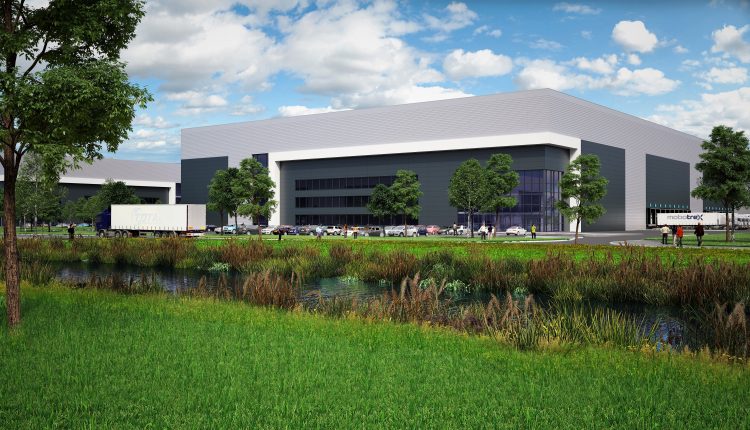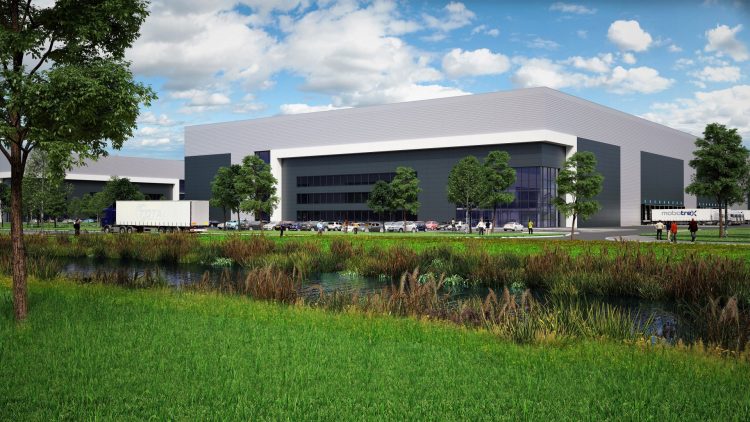
A £100m logistics scheme at a former Merseyside coal mine has won the backing of Transport for the North ahead of a Government decision on whether it can go ahead. Tony McDonough reports

Both Transport for the North (TfN) and St Helens Chamber are publicly backing the £100m Parkside Colliery scheme which awaits the go-head from the Government.
In December 2019, St Helens Council granted outline planning permission for the scheme at the former coal mine that would create 1m sq ft of logistics and industrial space and provide employment for up to around 1,800 people.
It could create permanent employment for more than 1,300 people and see almost 500 employed during the construction phase. It is also estimated it will generate £80m a year in new economic output and more than £2m in business rates.
Following the planning approval the project was ‘called in’ by Secretary of State for Housing, Communities and Local Government Robert Jenrick. A planning inquiry was held in January this year and a final decision is expected shortly.
Parkside was cited as one of three sites key to the successful Liverpool City Region Freeport bid earlier this year. In a letter to the Secretary of State Tracy Mawson, chief executive of St Helens Chamber of Commerce, argues that the development is “an oven-ready opportunity” that will be “integral” to the success of the proposed freeport.
She goes on to state that the development will provide “a post-pandemic boost for the local economy” before commending the scheme to the Secretary of State for approval.
And in a separate letter, to Kath O’Dwyer, chief executive of St Helens Council, TfN major roads director Peter Molyneux also lends his support to the keynote project, citing it as “ a critical element of plans to facilitate economic growth [and] improve accessibility to a key development site”.
John Downes, group chief executive of Langtree and chairman of Parkside Regeneration, the company’s joint venture with St Helens Borough Council, added: “This is a derelict colliery which employed more than 2,000 staff at its peak.
“It has the potential once again to be a major source of skilled work for the region and it’s gratifying to see the range of support behind our proposals and that of the link road. It’s vital that we now capture the window of opportunity before us.”
Parkside Colliery was operated by British Coal. It was opened in 1957 and closed in 1993 and was the last deep coal mine operating in what was known as the Lancashire Coalfield. Anne Scargill, the then wife of former National Union of Mineworkers president, Arthur Scargill, led a four-day occupy protest against the closure.
